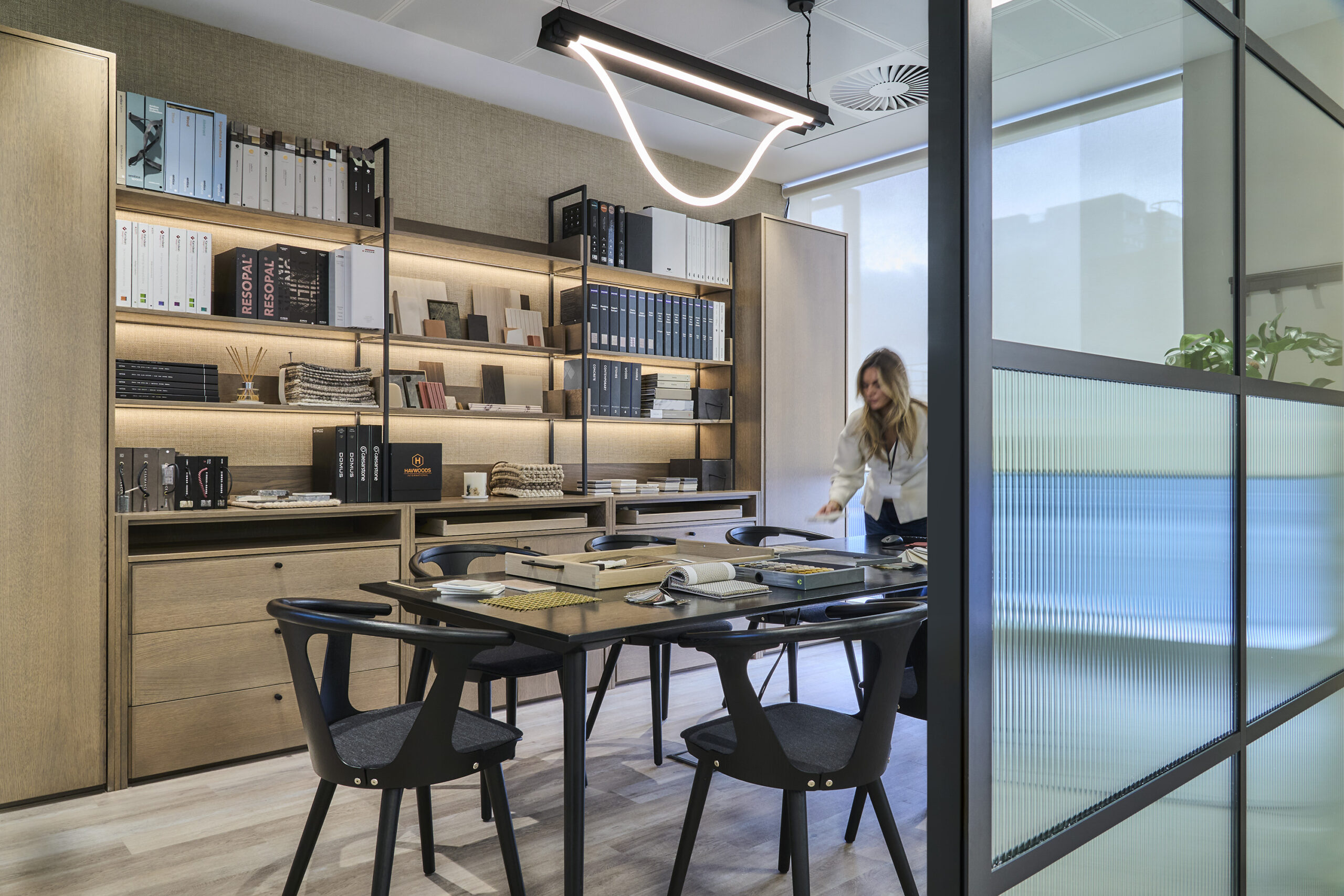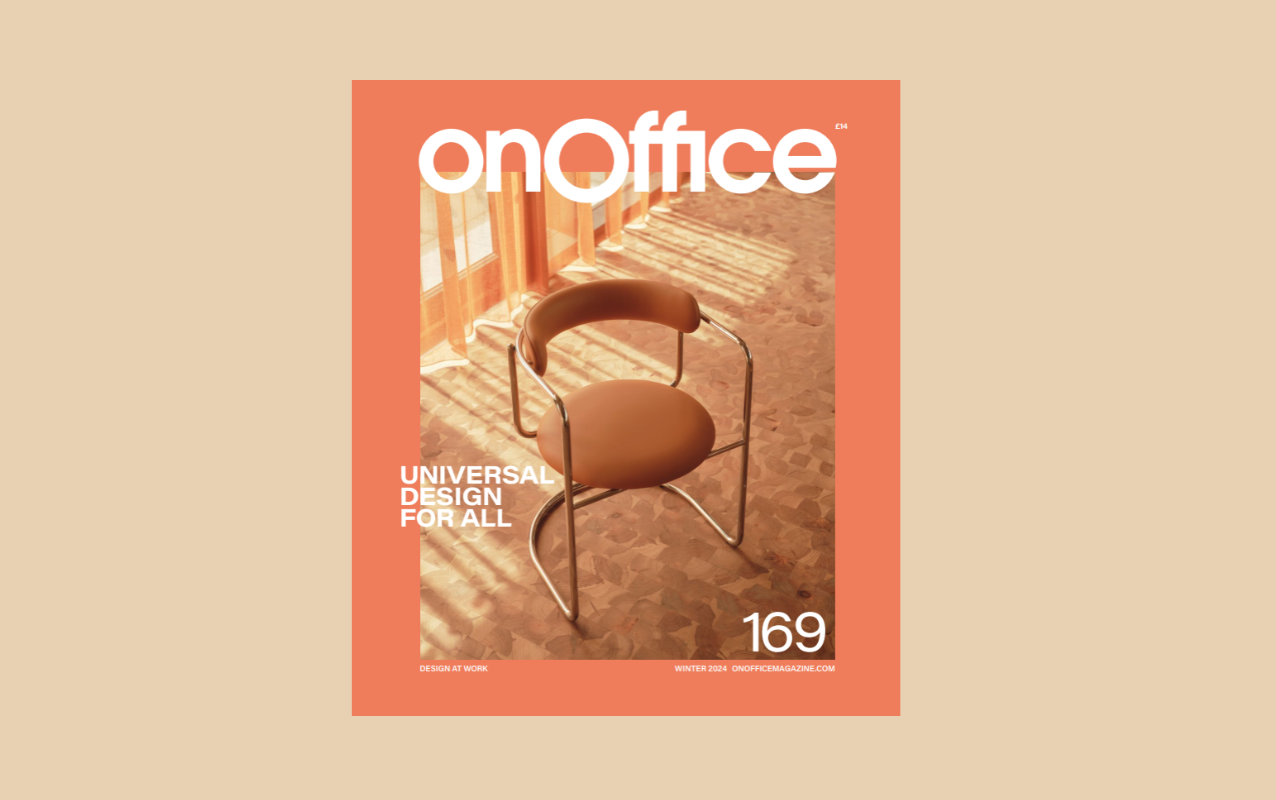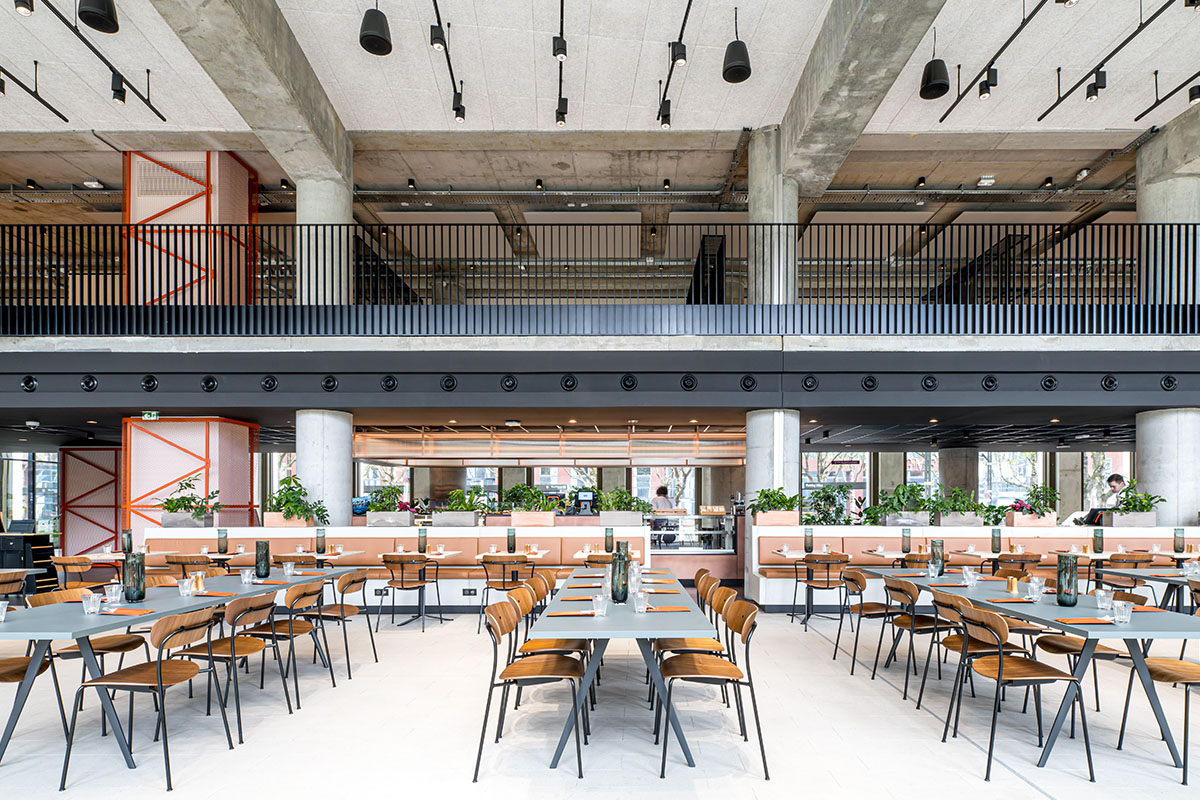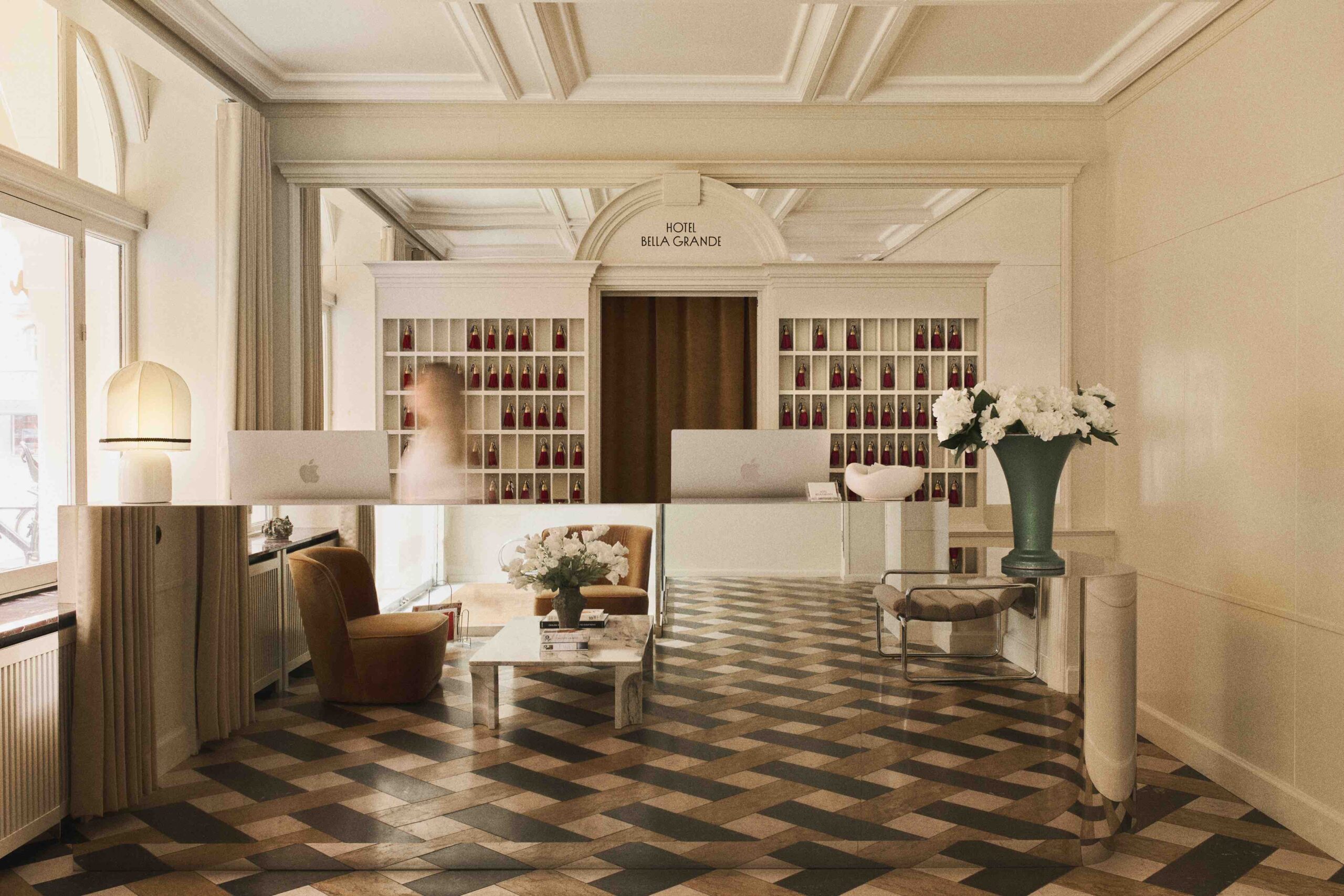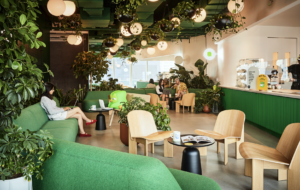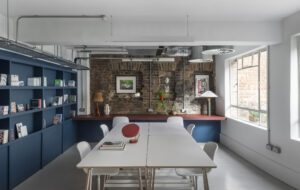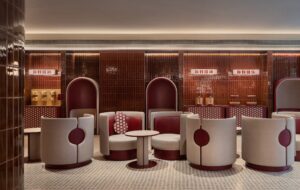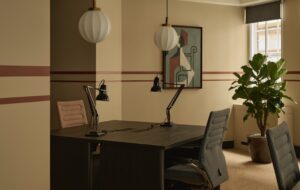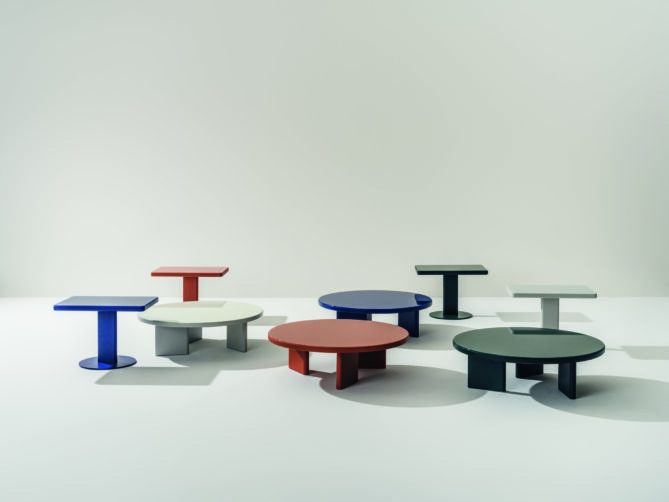
The new Roopa table collection by Doshi Levien for Arper is centred on circular values, showcasing the brand’s commitment to sustainability.
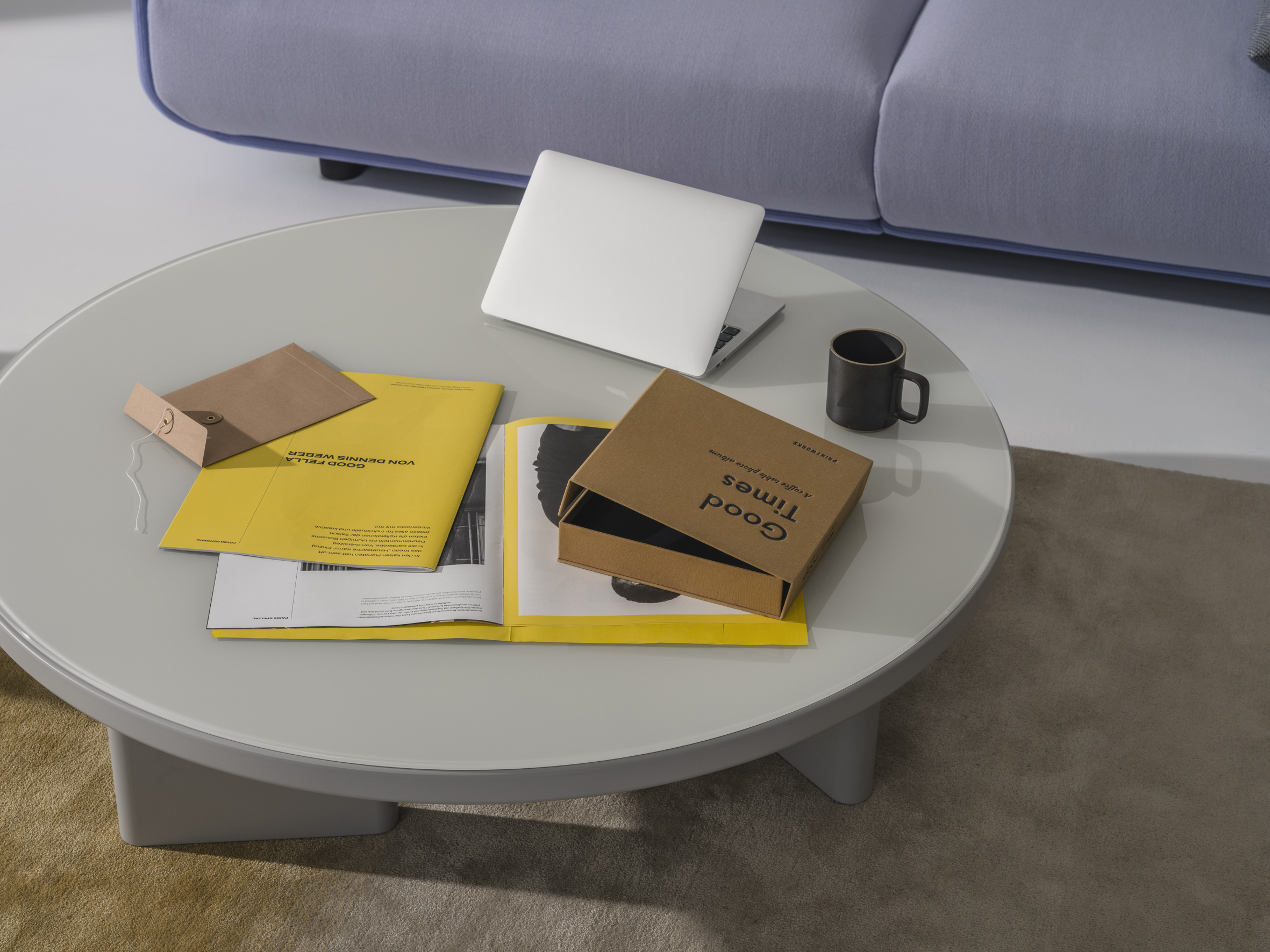
As part of the brand’s ongoing pledge towards a greener future, following the creation of its own environmental department fifteen years ago, the new Roopa Collection by Arper is designed with circularity in mind. Conceived by London-based studio Doshi Levien, the collection of coffee and side tables seamlessly merges a contemporary aesthetic with a responsible design sensibility. Made from FSC-certified European MDF and available in an array of painted finishes, the tables are designed to be disassembled making each component easier to recycle or repair if needed. With the design’s matt-finished base contrasting the reflective, semi-translucent glass tabletop, the tables make a playful addition to the living area with a dynamic palette of colours to choose from: warm grey, midnight blue, forest green and Jaipur pink.

While the tables can be used within a variety of settings and interior schemes, they have been paired alongside the brand’s Shaal sofa collection, which launched in 2022. Designed also to be easily disassembled, with removable covers and a modular configuration, the two collections hold similar values while showcasing sustainability certainly doesn’t mean a compromise on style. The sculptural rounded edges of the tables reflect the soft silhouette of the Shaal sofa, while the contrast of materials and finishes is also paralleled in both. Added to this, the ethereal colours of the two collections complement each other well, allowing customers to pair them together with ease.
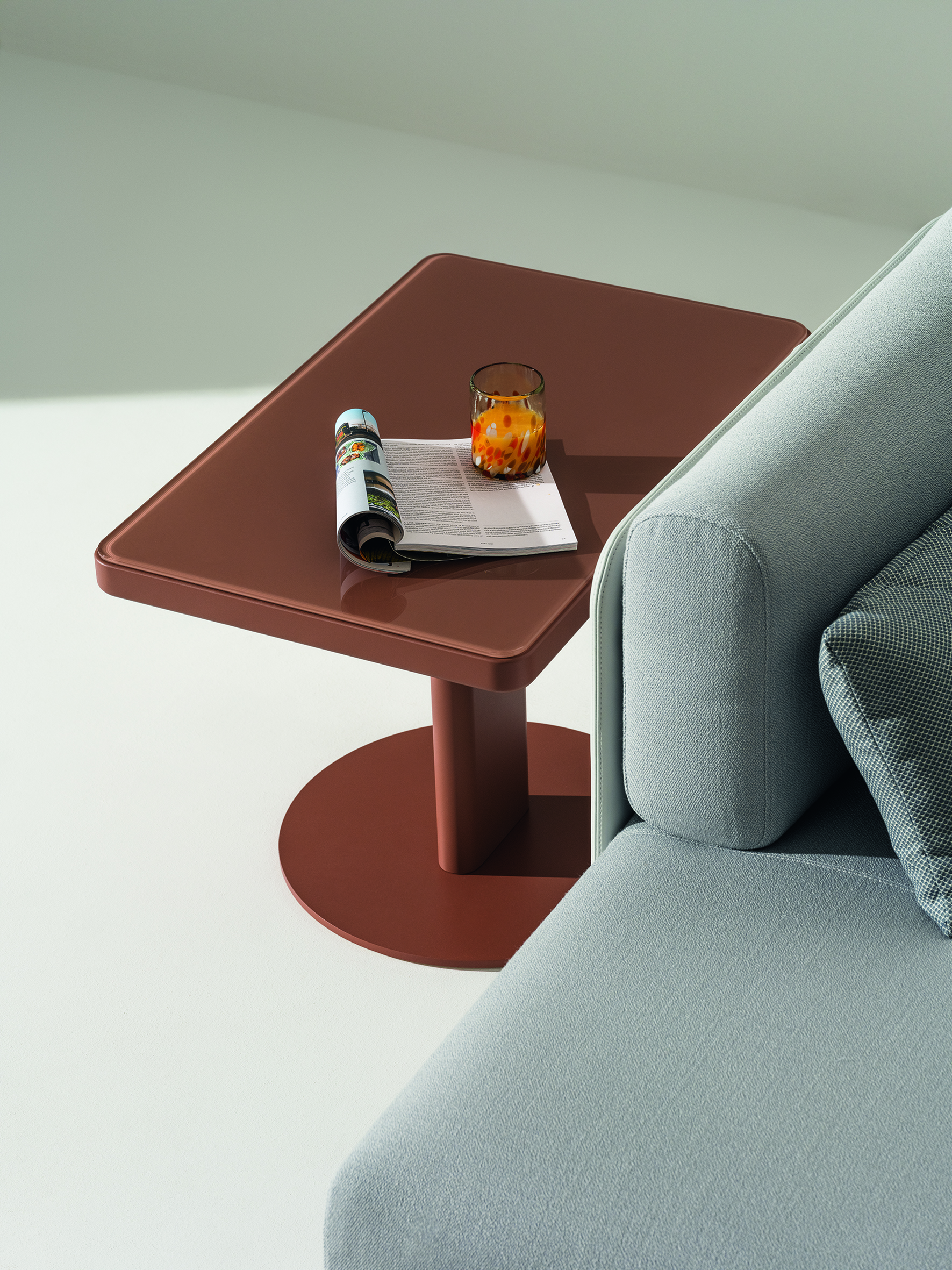
Through its mission to contribute towards a world which prioritises its people and the planet simultaneously, the Italian manufacturer is seeking to offer further transparency into the making of its pieces. With a goal to reduce its carbon footprint by 55% by 2030, the impact of individual designs is being measured and accounted for to ensure this target can be achieved. Helping to lead an array of initiatives, the brand’s Environmental Expert, Michela Possagno, states they want to approach three major topics to guide them towards a circular economy. “These are refurbishment, rental models and take-back schemes,” she explains. “However, we can’t tackle these all at once, so we have started with refurbishment, and we are setting up a collaboration with one of our dealers in the Benelux market. When items are coming to their end of life, users can bring the product back and it can be restored.” Operating locally to minimise the logistical footprint, the team are hoping to add partners to this offering to ensure it can serve a wider geographical market of customers going forward.
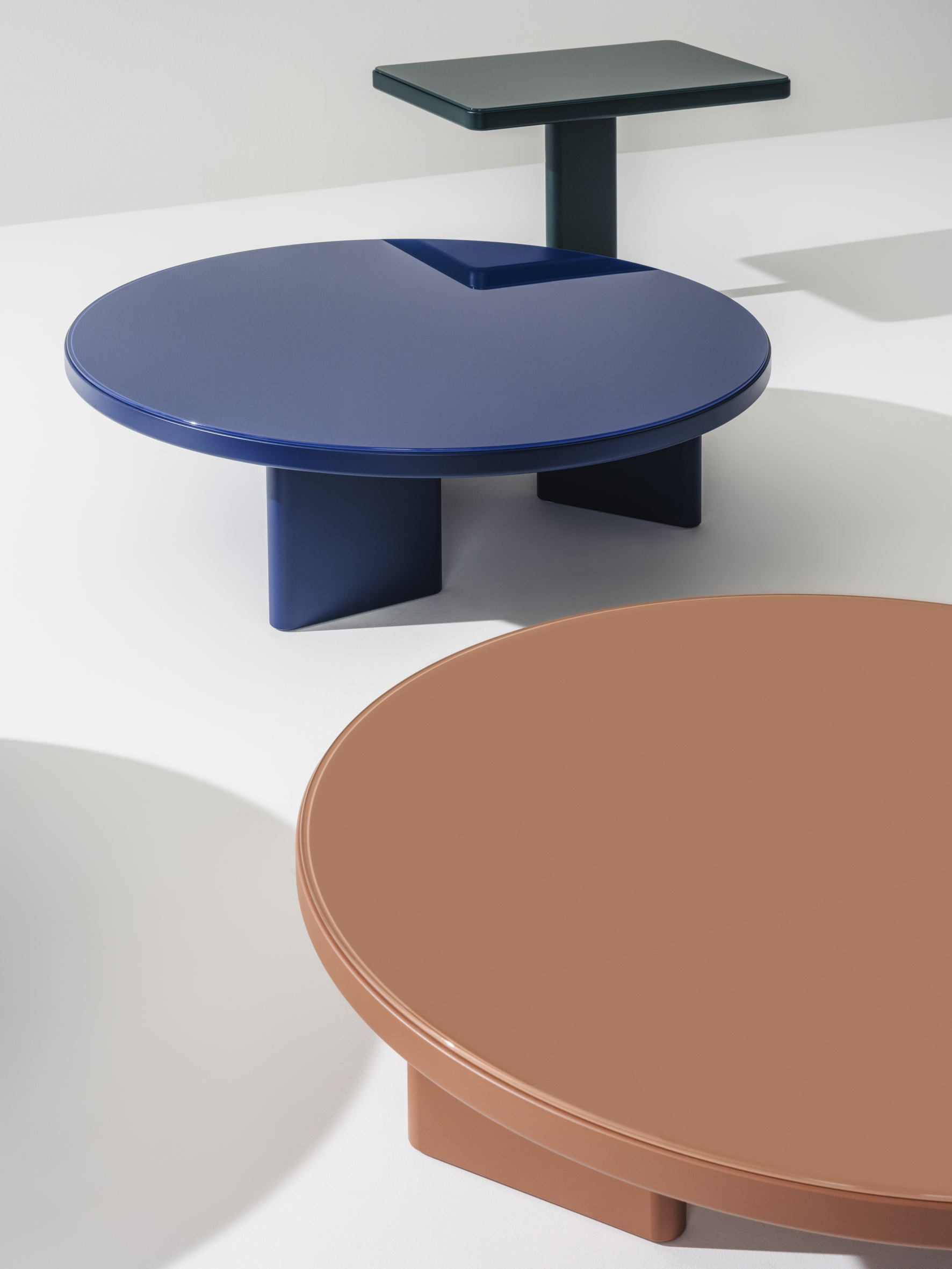
“We really enjoy working with partners in this way,” she comments. “It’s a philosophy of mutual growth and we can exchange ideas. We need to look towards each other to create a movement.” Highlighting the importance of collaboration in finding solutions to such issues, it also alludes back to the benefits of working with creative minds such as Doshi Levien. In embracing this circular mentality, designers can be the catalyst in envisioning new opportunities centred on sustainability, all while upholding the brand’s superior aesthetic and timeless quality at the same time.
Imagery courtesy of Arper.

